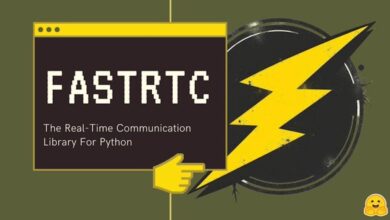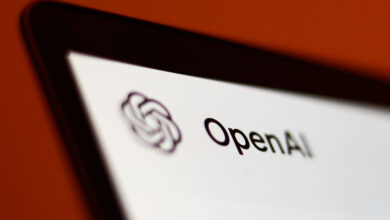MOSEL: Advancing Speech Data Collection for All European Languages

The development of AI language models has been largely dominated by English, leaving many European languages underrepresented. This has led to a significant imbalance in the way AI technologies understand and respond to different languages and cultures. MOSELLE aims to change this narrative by creating a comprehensive, open-source collection of speech data for the 24 official languages of the European Union. By providing diverse language data, MOSEL aims to ensure that AI models are more inclusive and representative of Europe’s rich linguistic landscape.
Language diversity is crucial to ensuring inclusivity in AI development. Overreliance on English-centric models can result in technologies that are less effective or even inaccessible to speakers of other languages. Multilingual datasets help create AI systems that serve everyone, regardless of the language they speak. Embracing language diversity improves technology accessibility and ensures fair representation of different cultures and communities. By promoting linguistic inclusivity, AI can truly reflect the diverse needs and voices of its users.
Overview of MOSEL
MOSEL, or Massive Open-source Speech data for European Languages, is a groundbreaking project that aims to build a comprehensive, open-source collection of speech data covering all 24 official languages of the European Union. MOSEL was developed by an international team of researchers and integrates data from 18 different projects, such as CommonVoice, LibriSpeech and VoxPopuli. This collection includes both transcribed voice recordings and unlabeled audio data and provides an important resource for advancing multilingual AI development.
One of the key contributions of MOSEL is the inclusion of both transcribed and unlabeled data. The transcribed data provides a reliable basis for training AI models, while the unlabeled audio data can be used for further research and experimentation, especially for low-resource languages. The combination of these datasets creates a unique opportunity to develop language models that are more inclusive and capable of understanding Europe’s diverse linguistic landscape.

Bridging the data gap for underrepresented languages
The distribution of speech data across European languages is highly uneven, with English dominating the majority of available datasets. This imbalance poses significant challenges to developing AI models that can understand and accurately respond to less represented languages. Many of the official EU languages, such as Maltese or Irish, have very limited data, which hinders the ability of AI technologies to effectively serve these language communities.
MOSEL wants to bridge this data gap by using OpenAI’s Whisper model to automatically transcribe 441,000 hours of previously unlabeled audio data. This approach has significantly increased the availability of training materials, especially for languages that do not have extensive, manually transcribed data. While automatic transcription is not perfect, it provides a valuable starting point for further development, allowing more inclusive language models to be built.
However, the challenges are particularly apparent for certain languages. For example, the Whisper model struggled with Maltese, achieving a word error rate of more than 80 percent. Such high error rates highlight the need for additional work, including improving transcription models and collecting more high-quality, manually transcribed data. The MOSEL team is committed to continuing these efforts and ensuring that even under-resourced languages can benefit from advances in AI technology.
The role of open access in driving AI innovation
MOSEL’s open source availability is a key factor in driving innovation in European AI research. By making the speech data freely accessible, MOSEL enables researchers and developers to work with extensive, high-quality data sets that were previously unavailable or limited. This accessibility encourages collaboration and experimentation and promotes a community-driven approach to advancing AI technologies for all European languages.
Researchers and developers can use MOSEL data to train, test, and refine AI language models, especially for languages that are underrepresented in the AI landscape. The open nature of this data also allows smaller organizations and academic institutions to participate in cutting-edge AI research, breaking down barriers that often favor large tech companies with exclusive resources.
Future directions and the way forward
Looking ahead, the MOSEL team plans to further expand the dataset, especially for underrepresented languages. By collecting more data and improving the accuracy of automated transcriptions, MOSEL aims to create a more balanced and inclusive tool for AI development. These efforts are crucial to ensure that all European languages, regardless of the number of speakers, have a place in the evolving AI landscape.
MOSEL’s success could also inspire similar initiatives worldwide, promoting language diversity in AI beyond Europe. By setting a precedent for open access and co-development, MOSEL paves the way for future projects that prioritize inclusivity and representation in AI, ultimately contributing to a more equitable technological future.





